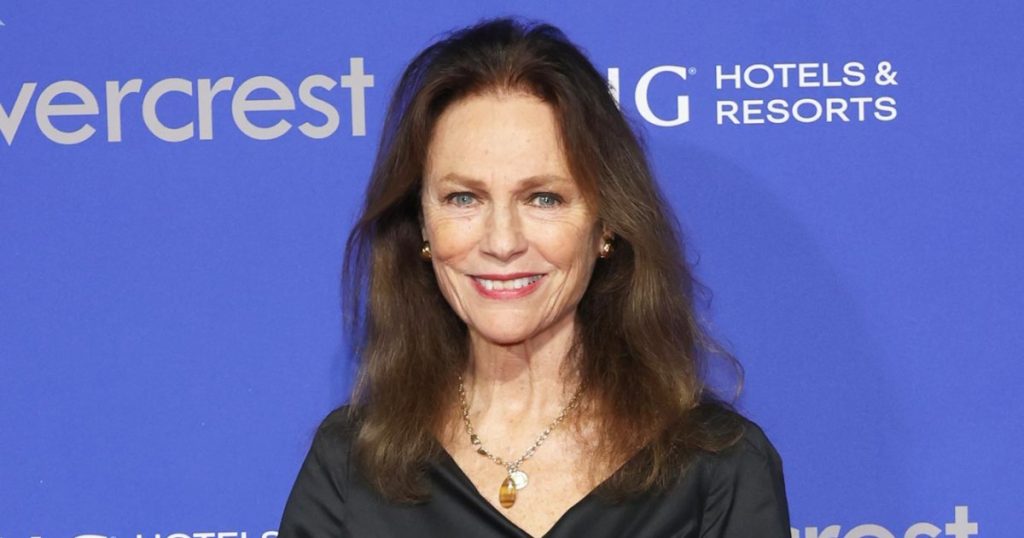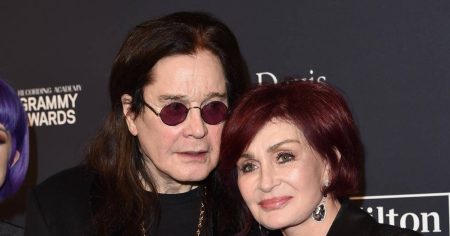Jacqueline Bisset’s recent comments on the #MeToo movement have ignited a discussion about the complexities of sexual harassment and assault. Bisset, while acknowledging the importance of men’s respectful behavior, emphasized the role of women’s conduct and attire in these situations, a perspective that diverges from the core tenets of the #MeToo movement. She expressed skepticism towards #MeToo narratives, suggesting a lack of sympathy for alleged victims and advocating for women to take more assertive preventative measures. This stance, however, contradicts the movement’s focus on holding perpetrators accountable and challenging the societal norms that often place the onus of prevention solely on potential victims.
The #MeToo movement, which gained global momentum in 2017 following the Harvey Weinstein scandal, has served as a platform for countless individuals to share their experiences of sexual harassment and assault. The movement’s impact has been profound, leading to increased awareness, conversations, and legal actions against perpetrators. It has also fostered a sense of solidarity among survivors and challenged the long-held silence surrounding these issues. However, the movement has also faced criticism and differing interpretations, with some individuals questioning its methods, scope, and long-term effectiveness. Bisset’s comments reflect a specific critique, suggesting that the movement overlooks the nuances of interpersonal interactions and potentially undermines individual responsibility.
Bisset’s viewpoint is not unique. Rose McGowan, an actress and activist who was among the first to accuse Weinstein of sexual assault, has also expressed disillusionment with the #MeToo movement, characterizing it as superficial and performative. McGowan’s critique stemmed from her belief that the movement lacked genuine commitment to systemic change and served primarily as a public relations exercise. This perspective highlights the internal debates and evolving perspectives within the movement itself. While acknowledging the importance of raising awareness, McGowan questioned the authenticity and long-term impact of some of the actions taken.
In contrast, Carice van Houten, known for her role in “Game of Thrones,” offered a different perspective on the movement’s impact, specifically regarding its influence on the portrayal of nudity in film and television. Van Houten observed a decrease in nude scenes following the rise of #MeToo, a change she viewed positively. She reflected on her own experiences with on-screen nudity, noting the changing societal attitudes and her own evolving comfort levels. This perspective underscores the multifaceted nature of the #MeToo movement’s influence, extending beyond individual accusations to shaping industry practices and cultural norms.
The juxtaposition of these viewpoints highlights the complex and often contentious dialogue surrounding the #MeToo movement. While there is widespread agreement on the importance of addressing sexual harassment and assault, opinions diverge on the most effective strategies, the role of individual responsibility, and the potential unintended consequences. Bisset’s emphasis on women’s behavior, McGowan’s critique of the movement’s authenticity, and van Houten’s observation of its impact on on-screen nudity represent different facets of this ongoing conversation. These diverse perspectives demonstrate that the movement’s legacy is not monolithic but rather a complex tapestry of experiences, interpretations, and evolving understandings.
The Harvey Weinstein case, the catalyst for the #MeToo movement, serves as a stark reminder of the pervasive nature of sexual misconduct in various industries. Weinstein’s conviction and imprisonment represent a significant victory for survivors and a powerful symbol of accountability. However, the ongoing debate surrounding the #MeToo movement underscores the need for continued dialogue, education, and systemic change to address the complex issues of sexual harassment and assault. The movement’s long-term impact will undoubtedly be shaped by the ongoing conversations and evolving perspectives, including those who challenge its premises and offer alternative approaches. The ultimate goal remains the creation of a culture where respect, safety, and accountability are paramount.










